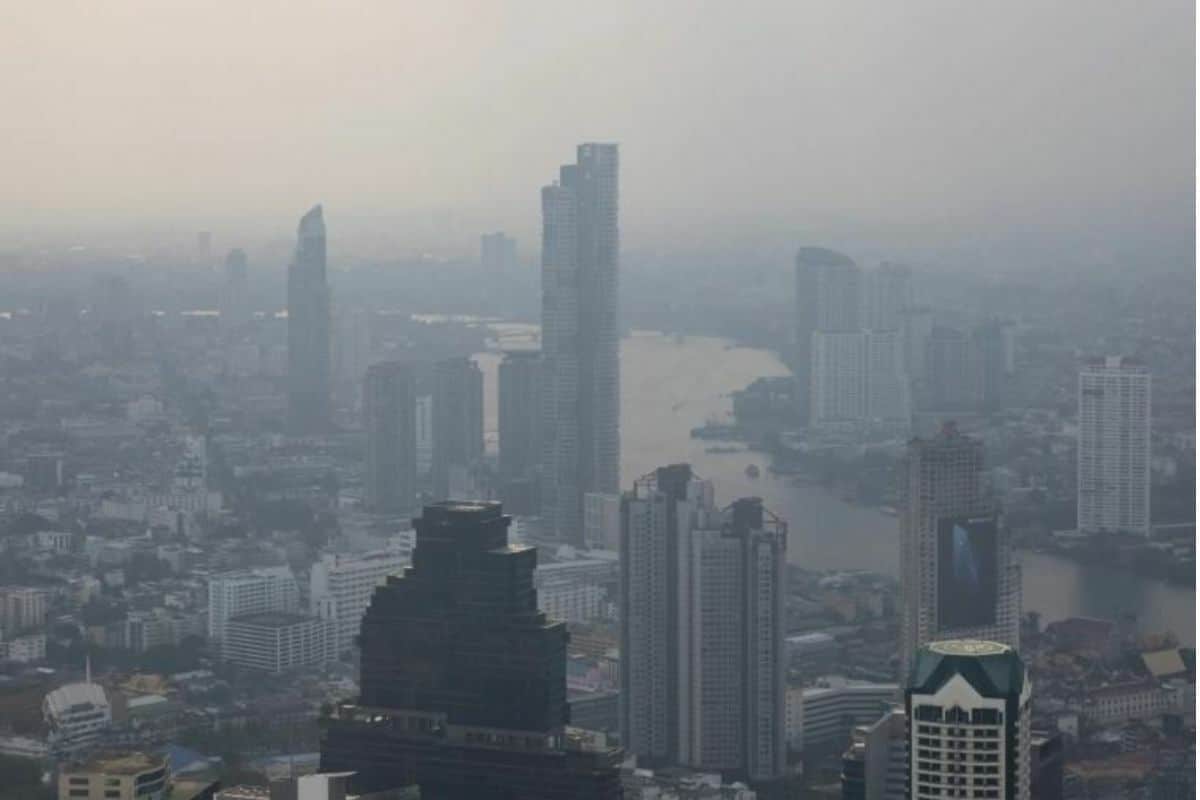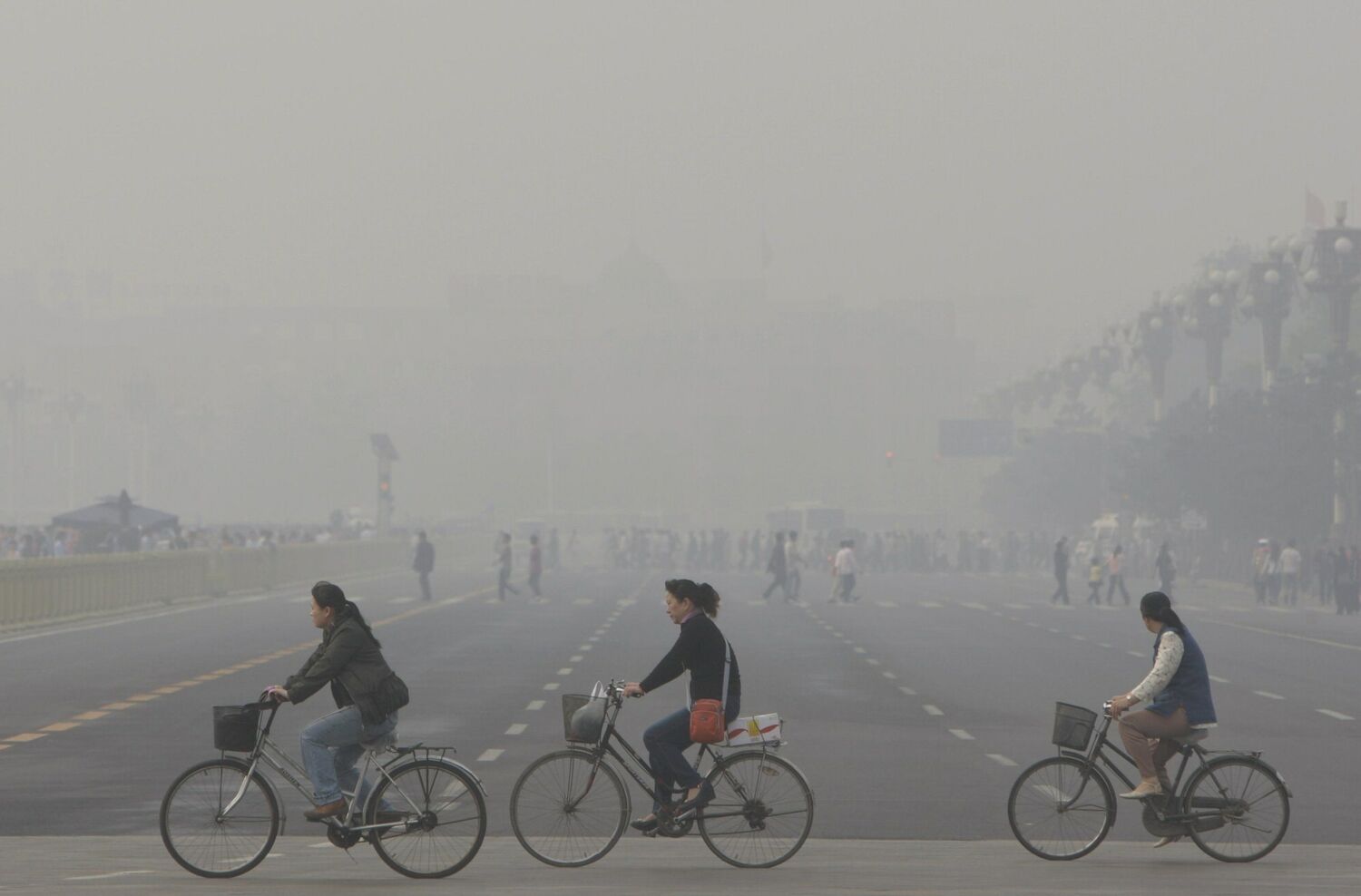Bangkok to adopt Beijing’s air pollution solutions in landmark deal

Bangkok is set to benefit from Beijing’s expertise in tackling air pollution, as the two capitals signed a groundbreaking Memorandum of Understanding (MOU) on Air Quality Monitoring and Management Cooperation.
The agreement, signed via video between the Beijing Municipal Ecology and Environment Bureau and the Bangkok Metropolitan Administration’s Environment Department, marks a major step in the fight against toxic smog.
The collaboration comes as Thailand and China celebrate 50 years of diplomatic relations, with Beijing pledging to share its best practices in reducing PM2.5 pollutants—microscopic airborne particles that pose severe health risks.
Bangkok, which has been grappling with worsening air quality, is expected to gain critical insights into pollution control from one of the world’s most successful urban clean-up campaigns.
“Beijing’s experience in reducing air pollution will serve as a valuable model for Bangkok,” officials stated, emphasising that the agreement will span three years and involve direct cooperation on pollution monitoring and reduction strategies.

Once notorious for its thick smog, Beijing has drastically improved its air quality through strict emission controls, industrial restructuring, and large-scale environmental initiatives.
Last year, the city’s PM2.5 concentration dropped to 30.5 microgrammes per cubic metre, marking four consecutive years of compliance with national air quality standards. Compared to 2013, Beijing has slashed PM2.5 levels by 65.9%, PM10 by 50%, nitrogen dioxide by 57.1%, and sulfur dioxide by an impressive 88.7%.
Bangkok aims to replicate this success through knowledge exchange, training sessions, and pilot projects supported by Beijing. The MOU includes mutual visits and hands-on collaboration, ensuring that Bangkok’s pollution control measures align with proven strategies, reported China Daily.
With toxic smog increasingly choking Thailand’s capital, officials hope that this partnership will fast-track solutions and help Bangkok achieve sustainable air quality improvements in the coming years.
Bangkok Governor Chadchart Sittipunt has launched a campaign to eliminate rice field burning and reduce PM2.5 pollution.
The initiative, introduced in Nong Chok, targets 80,000 rai of rice paddies and 4,000 farming households across 10 districts. Measures have already cut burned areas from 5,625 rai in 2022 to 625 rai in 2024.
Latest Thailand News
Follow The Thaiger on Google News:


























